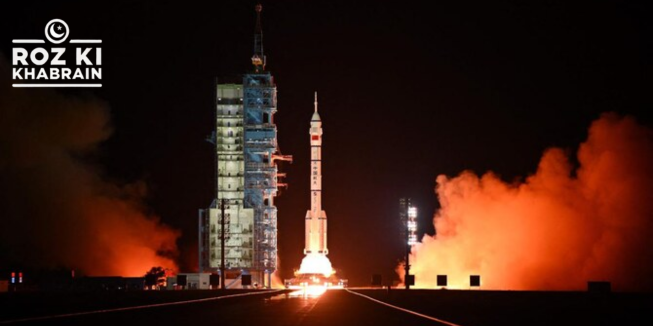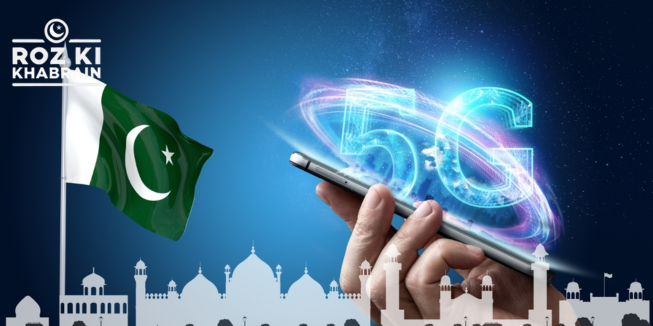A Chinese spacecraft carrying a three-person crew, including the nation’s first female space engineer, successfully docked after a journey of over six hours. The crew will use China’s space station as their base for the next six months, conducting experiments and performing spacewalks as Beijing works toward its goal of sending astronauts to the Moon by 2030.
Beijing hailed the launch of Shenzhou 19 as a “complete success” — one of 100 launches planned this year as China aims to set a record in space exploration, competing with the United States.
The BBC received rare access to the Jiuquan Satellite Launch Center in Gansu, witnessing the launch from just over a kilometer away. Flames shot from the rocket launcher, lighting up the Gobi Desert, as crowds cheered the taikonauts — China’s term for astronauts.
Upon arrival at the Tiangong space station, the Shenzhou 19 crew joined three astronauts from Shenzhou 18, who will return to Earth on November 4.
Two years ago, President Xi Jinping expressed China’s aspirations, stating, “To explore the vast cosmos, develop the space industry, and build China into a space power is our eternal dream.” However, some in Washington view China’s rapid progress as a potential threat. Earlier this year, NASA chief Bill Nelson suggested the U.S. and China are “in a race” to return to the Moon, warning Beijing could stake territorial claims.
China’s space program is widely celebrated domestically. In Dongfeng Space City, near the launch site, streets are adorned with national flags, astronaut sculptures, and plastic rockets. A giant poster featuring Xi Jinping and the Shenzhou spacecraft welcomes visitors.
The Shenzhou 19 mission is piloted by veteran astronaut Cai Xuzhe, who is joined by a new generation of taikonauts, including Wang Haoze, China’s first female space engineer. “Their youthful energy has made me feel younger and more confident,” Cai said before launch. Standing beside him was Song Lingdong, who had dreamed of serving his country in space since watching an early mission as a teenager.
China’s space program has achieved several milestones, including retrieving lunar soil samples and landing a rover on Mars. It also launched the first of 14,000 planned satellites for a broadband constellation that could rival SpaceX’s Starlink. Elon Musk recently noted on social media that China’s space program is more advanced than many realize. Meanwhile, U.S. Space Command has raised concerns over China’s rapid satellite development.
China’s manned space program director, Li Yingliang, emphasizes that China sees its space exploration as a “collective mission for humanity,” dismissing U.S. concerns. However, with the Moon’s valuable resources like rare metals and helium, the race for lunar dominance continues to intensify.
Chinese scientists at the launch center highlight the benefits of space station research, noting potential breakthroughs in osteoporosis treatment based on microgravity studies. However, they admit that sending a crew to the Moon involves significant challenges. “The technology is complex, the schedule is tight, and there are many obstacles,” said Lin Xiqiang, spokesperson for the China Manned Space Agency.
President Xi appears committed to advancing China’s space ambitions, even as the economy slows. China is taking no chances with its technology, maintaining tight security around its advancements amid its escalating rivalry with the United States — a contest that may soon extend beyond Earth.




